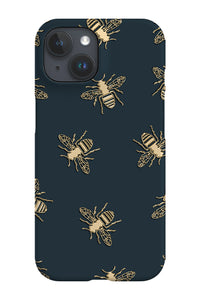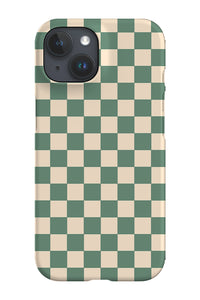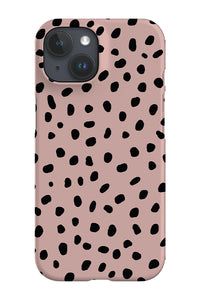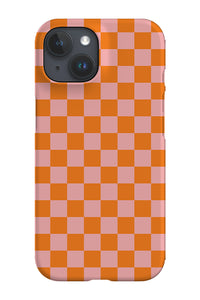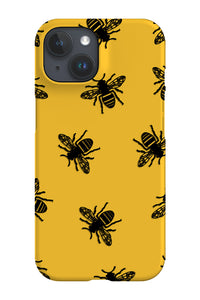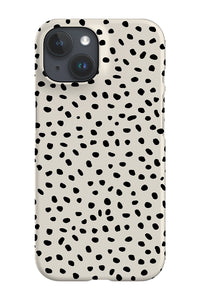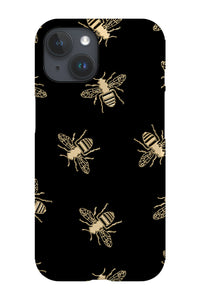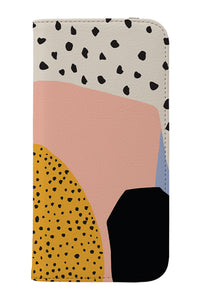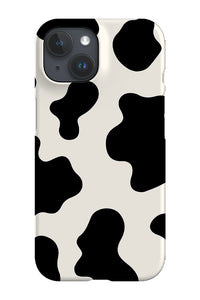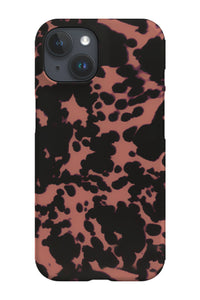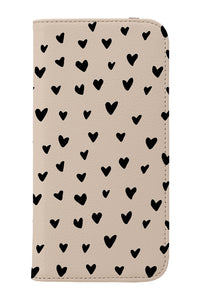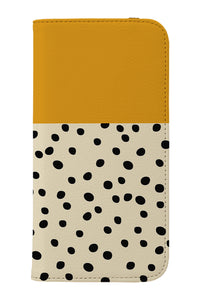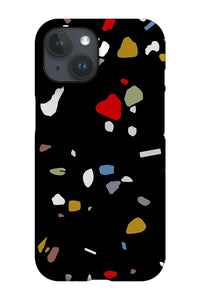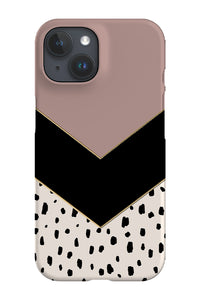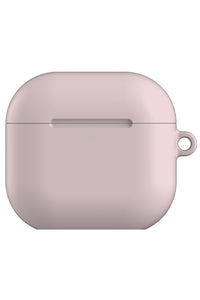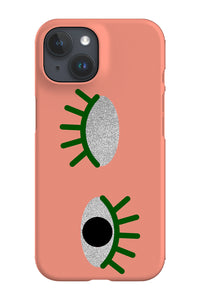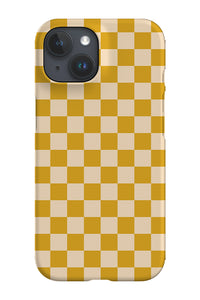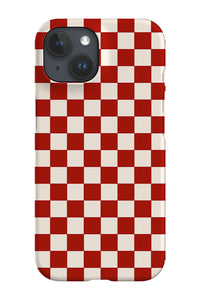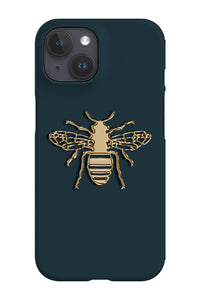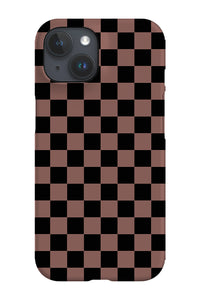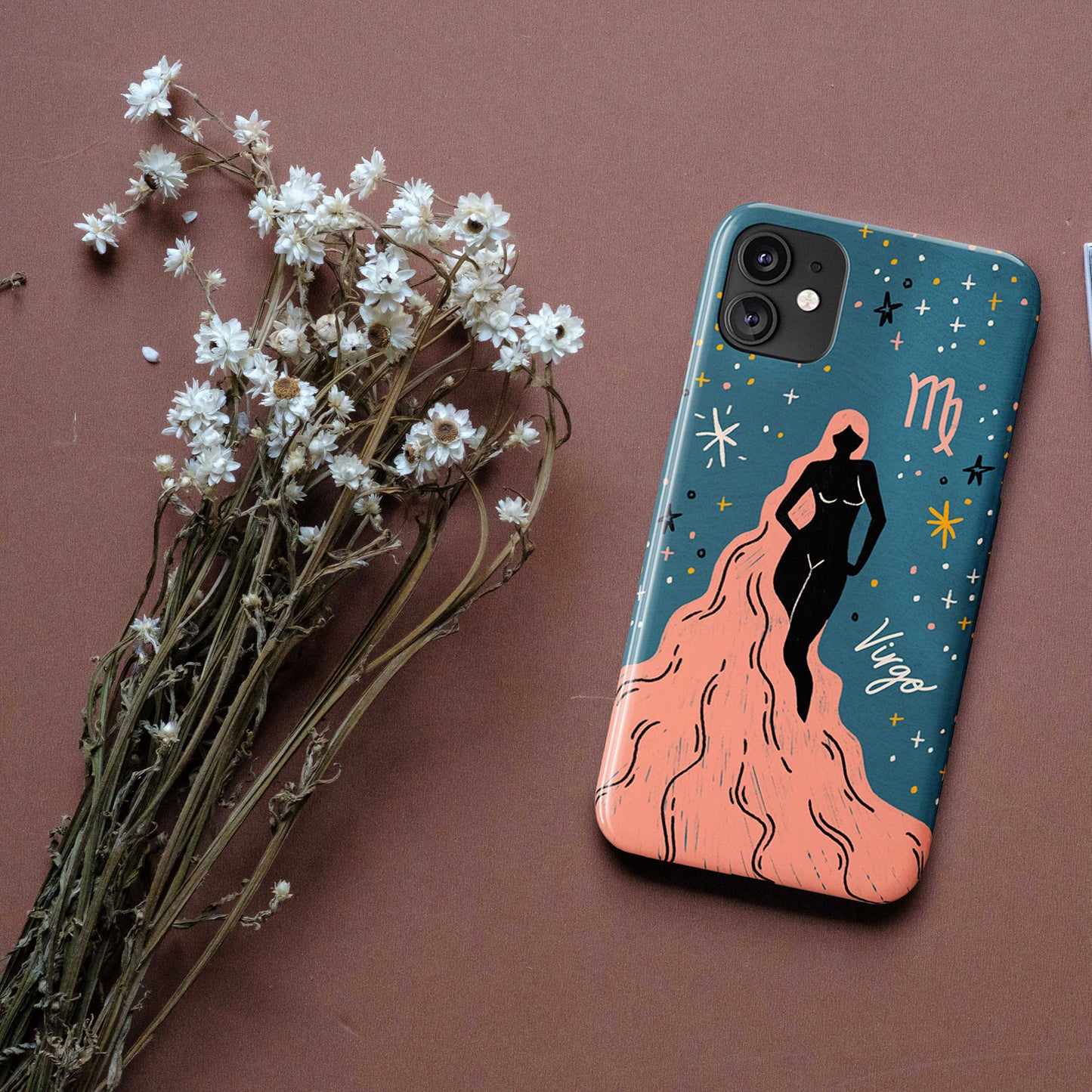
Phone cases are designed to protect your phone from impacts such as knocks and drops, but is that all they do? Are there drawbacks to phone cases, such as affecting the way your smartphone functions?
There are plenty of questions and myths around phone cases, and this makes buying one a more involved decision than simply choosing a style that suits you. Here, we delve into some of the biggest questions around them to help you make an informed decision.
Why phone cases are important
Phone cases protect your device from bumps, scratches and drops. Different phone cases offer varying levels of protection against impacts like this, with sturdier, dual-layered types absorbing greater amounts of force than your average snap case.
All of them offer some level of protection against accidents like this though. But can they also inflict damage and cause scratches for instance? Phone cases are made to fit snugly, but even though they do this, grit and dirt can become trapped between the case and the phone. The key is to regularly clean your case to protect your phone.
That said, avoiding using a phone case won’t allow you to stop your phone from getting scratched. The opposite is true. On the whole, it’s more likely that your smartphone will suffer those issues without one, so protect your phone, but ensure you keep up with the maintenance of keeping your case grit-free.

How to clean your phone case
Cleaning your phone case will both keep it looking new and fresh and remove scratch-causing dirt. The ways to clean your phone case will vary depending on the type of material it’s made from.
We have a full guide on how to clean your specific Harper & Blake case here, but to round up, generally, you need these things:
- Gentle hand soap or washing up liquid.
- Warm water.
- A soft sponge or cloth.
Do phone cases block the signal?
One of the biggest concerns we have when choosing to go caseless or not is whether a phone case can affect the performance and functionality of our phone.
One worry is around phone cases blocking our phone’s signal. Let’s face it, we want our devices to be working optimally because there’s nothing more annoying than a signal dropping in and out.
In reality, the vast majority of phone case materials don’t interfere with phone signals in any way. The only notable exception is metal phone cases, which can hinder your reception. But materials such as bamboo, polycarbonate and silicone won’t stand in your way.

Do wireless chargers work with a case?
If you have wireless charging, you want to ensure that your case doesn’t prevent you from topping up your battery when you need it. Similar to your phone’s reception, most cases work with wireless charging, with the biggest exceptions being cases made from aluminium.
If you’re choosing a plastic, silicone or eco phone case, all of these materials will work perfectly with wireless charging. If in doubt, check the manufacturer’s FAQs before you buy, but be assured that most phone cases are designed to work in tandem with your phone’s functionality, rather than get in the way of it working efficiently.
Need some inspiration? See our winter gift guide here


